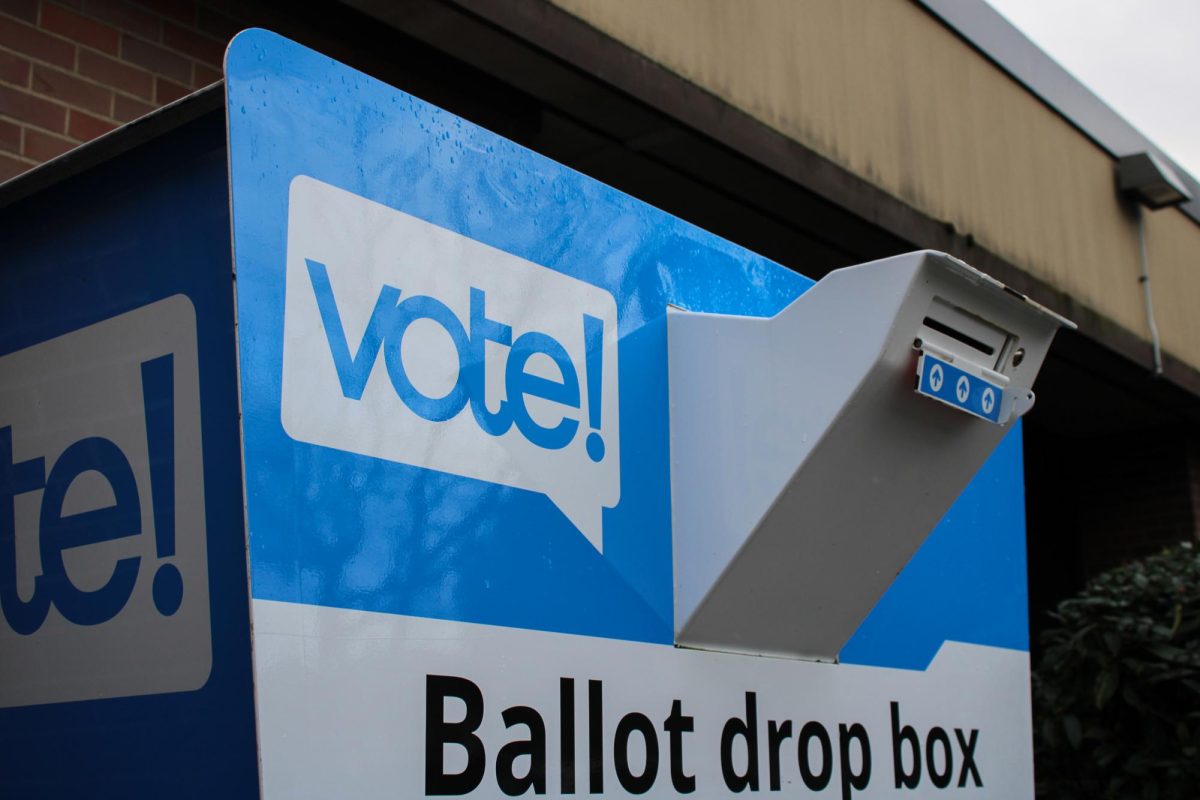One major contribution to our identities is how our opinions cruise or collide with other ones. As I have been observing and analyzing arguments made in the public sphere, unnecessary polarization happens due to the lack of understanding one another.
When we are passionate about an issue, letting emotions take over is normal — we all experience this at one point or another. However, when we allow the heat of the moment to take over our discourse, we lose the opportunity to gain insight, curiosity and the desire for inquiry. Whether we think our opinion is the “right” one, feeling certain of our beliefs should not stop us from asking more questions. As finite beings with limited knowledge, how will we ever know what is objectively right or wrong?
It seems as though there is an established “right” and “wrong”: we see this kind of binary thinking in economic, political and social topics. A problem I see in modern discourse is whatever opinion or side seems popular, gains more followers. It is hard to unsee individuals, young, old, religious, nonreligious, rich, poor, sticking to one side because it seems like the “right thing to do.”
I personally see a lot of this on social media. These systems run on algorithms, reinforcing echo chambers and emphasizing popular beliefs. The more beliefs and ideas are painted as the “right” ones, the more polarization it creates. Especially between political and social beliefs, there are so many nuances and intricacies it is hard to fully embody a certain one. Not only is this a drawback of social media usage, but it hinders individuals to be honest with themselves, and can create more confusion.
Just because a stance is popular does not mean it is the “right” one. Nor does an unpopular stance posit a “wrong” moral. Michel Foucault, a French historian and philosopher, once said, “to be neutral is to side with oppression, which is built into the order of things.” I think there exists an abundant amount of people who may agree with his statement. Someone’s silence on an issue gives people room to assume what they believe. However, using our freedom to choose not to verbalize our opinions is just as valid as sharing our opinions. Sometimes, we might not even know our own thoughts or beliefs fully. If that is the case, I believe that it is dangerous to emerge as a strong advocate.
When it comes to academic and fruitful discourse, not only does respect, knowledge, empathy, delivery matter, but fearlessness of having our opinions rejected and doubted. This does not mean that every conversation or debate should change our minds, but instead should be open to receive something new from the other side. To be able to have respectful and productive conversations, we need to bring epistemic humility to the table and remember not every debate is a war of morals.
















































































